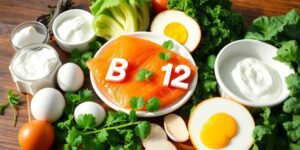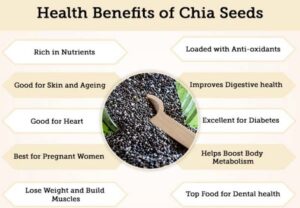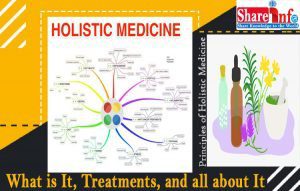Feeling tired all the time? You could be missing out on Vitamin B-12, an essential nutrient that helps energy stay high and nerves operate on an even keel. Red blood cells must have this vitamin to develop and grow, and you cannot afford sluggish brain health or an increase in fatigue. If you’re trying to get more B-12, you’ll want to know which foods have the most. Here are the Top 10 Vitamin B-12 Foods you can eat to fend off fatigue and keep you energized throughout the day, as well as maintain nerve health.
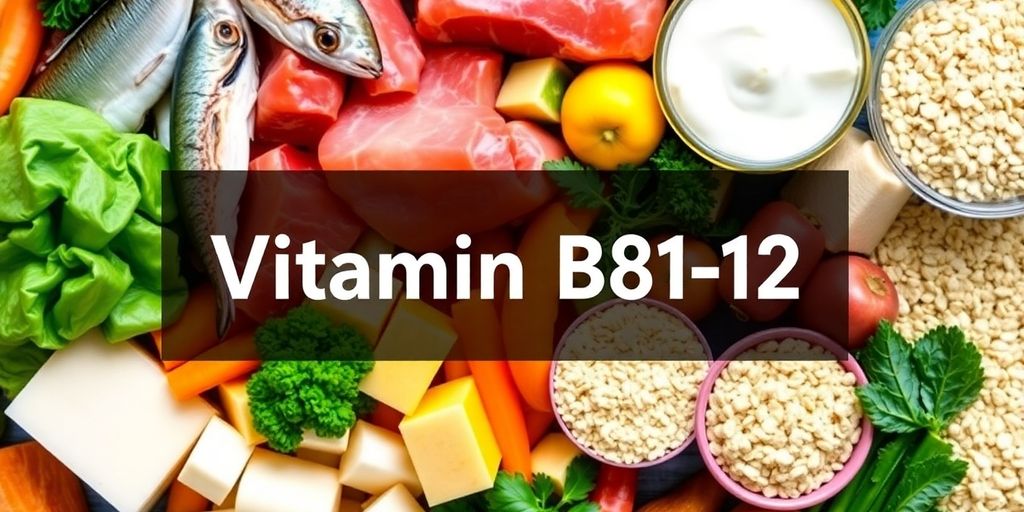
Key Takeaways
- Vitamin B-12 is essential for energy production and nerve health.
- A deficiency in B-12 can lead to fatigue and cognitive issues.
- Animal products are the best sources of Vitamin B-12, but there are options for vegetarians and vegans.
- Incorporating B-12 rich foods into your diet can improve overall health.
- Regularly consuming these foods can help maintain optimal B-12 levels.
Understanding Vitamin B-12 and Its Importance
Cobalamin, another name for vitamin B-12, is a water-soluble vitamin that your body cannot make on its own; thus, you must obtain it from diet or supplements. It’s important since it plays a part in many important processes. Red blood cell creation, DNA synthesis, and neuron function all depend on vitamin B-12. Vitamin B-12 is vital for nerve function, DNA synthesis, and the formation of red blood cells.
Think of B-12 as a team player with many roles:
- It helps keep your nerve cells healthy.
- It’s needed to make DNA, the genetic material in all your cells.
- It assists in the formation of red blood cells, which carry oxygen throughout your body.
Anemia and neurological disorders are among the major complications that might result from a vitamin B-12 deficiency. It’s crucial to ensure that you’re receiving adequate amounts of it because of this.
The recommended daily intake for the majority of individuals is around 2.4 micrograms. Women who are nursing or pregnant require a little extra. Generally speaking, animal goods like meat, eggs, and dairy can provide you with adequate vitamin B-12. To satisfy your needs if you’re a vegetarian or vegan, you may need to think about fortified meals or supplements. To prevent feeling exhausted, it is essential to focus on the advantages of vitamin B-12. It is impossible to overestimate the nutritional significance of vitamin B-12 since it helps avoid diseases like megaloblastic anemia, which can lead to weakness and exhaustion.
How Vitamin B-12 Affects Energy Levels

One of the original energy boosters, vitamin B-12 is a powerhouse that helps make DNA, nerve, and blood cells, and is crucial for a healthy brain and immune system. But how exactly does it work? And it’s not a stimulant like caffeine; it is critical for how your body converts food into usable energy. Let’s break it down.
Vitamin B-12 plays vital roles in many of the core functions that influence how much energy you have.
- It assists in the creation of red blood cells, which transport oxygen throughout your body.
- It helps your nervous system work the way it should, sending the signals that help you stay awake and focused.
- It helps in breaking down fats and protein so your body can utilize them for energy.
If there is not enough B-12, those processes can be impaired, which can affect the production of red blood cells and lead to fatigue and weakness. Think of it this way: If your car is low on oil, it’s not going to work well and it’s not going to last for long. Likewise, a B-12 deficiency can make you feel lethargic and drained.
You might not know you have a B-12 deficiency until you have that tired-wired feeling or notice you’re tired even after a good night’s sleep, or experience the dreaded brain fog. (All the more reason to have your levels checked, especially if you’re feeling unusually fatigued.)
If you feel constantly run down, it may make a difference to focus on getting enough vitamin B12.
The Role of Vitamin B-12 in Nerve Health
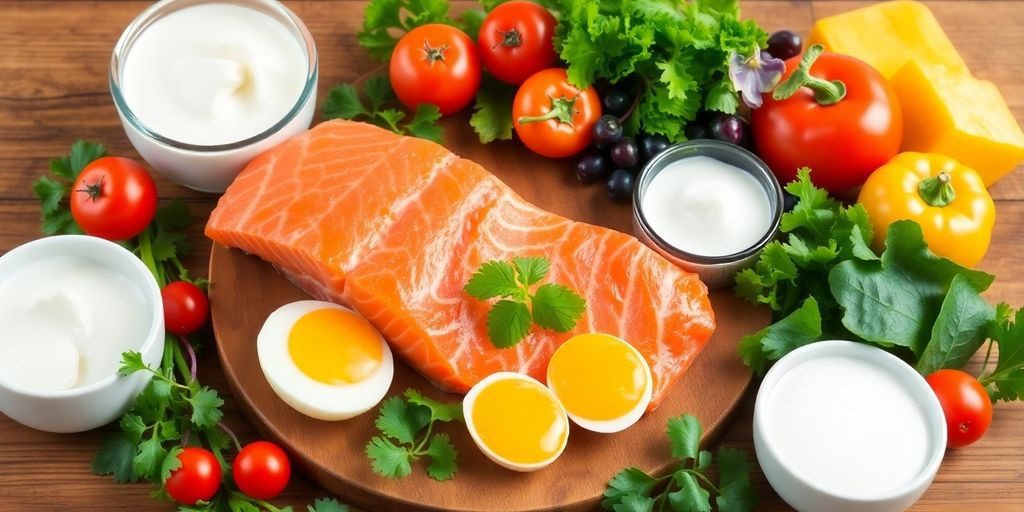
Vitamin B-12 has a significant role in maintaining the health of your neurological system, in addition to providing energy. Consider it your nerves’ maintenance team, making sure everything is operating as it should. It’s important to pay attention to deficiencies because they might cause some major problems. The myelin sheath, which shields nerve fibers and guarantees appropriate nerve signal transmission, is maintained in part by vitamin B-12.
- It facilitates myelin formation.
- It promotes the regeneration of nerves.
- It lowers the possibility of nerve injury.
Getting enough B-12 is similar to regularly adjusting your nerves. It aids in avoiding issues including tingling, numbness, and more severe nerve damage. It’s an easy action that may have a significant impact on your general health.
Read More: 10 Unexpected Health Benefits of Chia Seeds: You must know!
Top 10 Vitamin B-12 Foods to Include in Your Diet
Your nerves are tense, and you’re feeling exhausted. It may be time to review your intake of vitamin B-12. Let’s examine some vitamin B-12-rich meals that might restore your sense of self. Getting your nutrition from actual food is more important than merely taking a pill.
1. Beef Liver: A Nutrient Powerhouse
Vitamin B-12 is incredibly abundant in beef liver. It’s among the most potent sources available. Although liver isn’t everyone’s favorite food, even a tiny amount may have a big impact. Consider it a superfood that your grandmother most likely pushed you to consume.
2. Clams: The Shellfish Superfood
Clams are an excellent choice if you enjoy seafood. They have a distinct flavor that complements pasta recipes or is cooked with herbs and garlic. They are also a great source of vitamin B-12. They’re also comparatively simple to prepare. You guarantee freshness, just be sure you get them from a reliable supplier.
3. Fish: Salmon and Trout as B-12 Sources
In addition to being delicious, salmon and trout are also excellent providers of vitamin B-12. These fish are adaptable and may be included in a simple evening meal, whether grilled, roasted, or smoked. For the finest nutritional profile, try to get wild-caught whenever you can.
4. Dairy Products: Milk, Cheese, and Yogurt
Dairy items like milk, cheese, and yogurt are easy ways to get B-12 if you’re not lactose intolerant. Probiotics, which are beneficial for gut health, are an additional advantage of yogurt in particular. To improve the absorption of fat-soluble vitamins, use full-fat varieties.
5. Eggs: A Versatile B-12 Source
A cheap and simple approach to increase your intake of B-12 is by eating eggs. They make a quick meal, whether scrambled, fried, or in an omelet. They also include a lot of protein, which keeps you feeling full and energized throughout the morning.
6. Fortified Cereals: A Convenient Option
Fortified cereals might be a convenient method to acquire your B-12 if you’re constantly in a hurry in the morning. Just be careful to look for fake chemicals and extra sugars on the label. For a healthy option, look for cereals that are low in sugar and rich in fiber.
7. Nutritional Yeast: A Vegan-Friendly Choice
Vegans, celebrate! B-12 is abundant in nutritional yeast. Its cheesy taste makes it a fantastic complement to scrambled tofu, popcorn, and pasta meals. It is a multipurpose pantry staple that is also full of other nutrients.
8. Chicken: Lean Meat with B-12 Benefits
B-12 may be found in chicken, which is a lean protein source. It’s a flexible component that may be utilized in a wide variety of recipes, even though its B-12 content isn’t as high as some other possibilities. A quick and healthful method to obtain your B-12 is by eating grilled chicken breast.
9. Fortified Plant-Based Milks: Alternatives for Vegans
Almond, soy, or oat milk are examples of fortified plant-based milks that are suitable substitutes for dairy for vegans. Frequently, B-12 and other vital elements are added to these milks. Just be careful to steer clear of extra sugars by selecting unsweetened kinds.
10. Shellfish: Oysters and Crabs for B-12 Boost
Crabs and oysters are also excellent sources of B-12. Other minerals like zinc and selenium are also abundant in them. They’re a tasty method to increase your dose of B-12, whether you eat them raw, steamed, or in a seafood stew.
You need to get adequate B-12 in your diet for nerve and energy wellness. Consult your doctor about taking supplements if your diet isn’t providing enough. It all comes down to figuring out what suits your body and you the best.
Tips for Incorporating Vitamin B-12 Foods into Your Diet
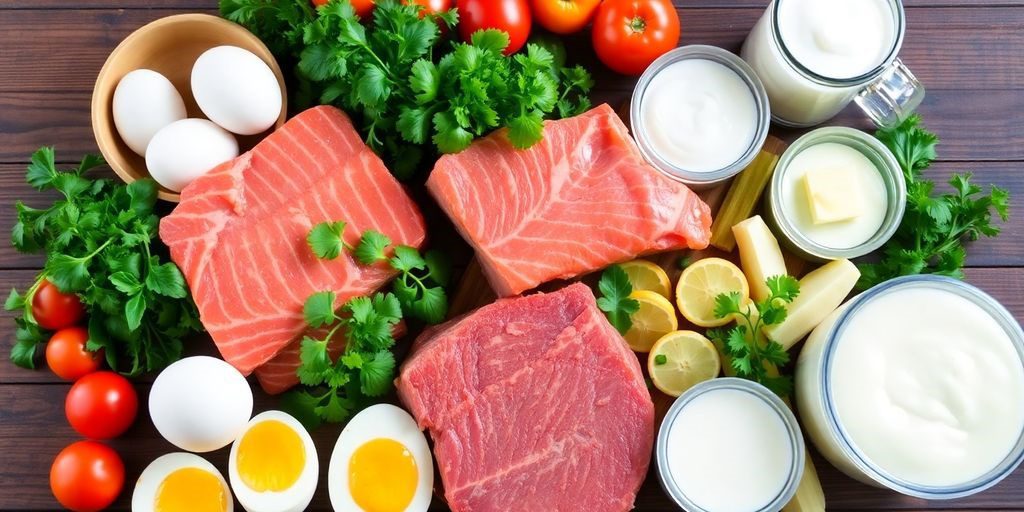
Making sure you’re receiving enough B-12 might be challenging, but it is possible with a little preparation. Here are some suggestions for increasing the amount of vitamin B-12 you consume through your diet.
- Give yourself a B-12 boost to start the day: For breakfast, go for a fortified cereal or incorporate nutritional yeast.
- Arrange your meals to focus on foods high in B-12: Your major meals should contain dairy, meat, fish, or eggs.
- Smart snacking: A simple and quick approach to acquire more B-12 during the day is to eat foods like cheese, yogurt, or even a hard-boiled egg.
Pay close attention to fortified meals and think about supplements if you’re a vegetarian or vegan. Being proactive is important since it’s easy to miss out on B-12 when you’re not consuming animal products.
- Get creative with recipes: Look for ways to include foods high in B-12 in your favorite recipes. For instance, use nutritional yeast in vegan sauces or add clams to pasta.
- Read labels carefully: Make sure the fortified foods have a sufficient quantity of B-12 by looking at the nutrition information before purchasing them.
- Don’t be afraid to experiment: To discover what you enjoy most, try a variety of meals high in B-12. After all, variety makes life more enjoyable!
Conclusion: The Importance of a B-12 Rich Diet for Overall Health
Maintaining optimal bodily function requires enough intake of vitamin B-12. Avoiding weariness is only one aspect of maintaining a healthy nervous system and a sharp intellect. Consider B-12 the unsung hero that keeps your blood cells healthy, aids in the production of DNA, and helps turn food into energy. Things can start to go awry if there isn’t enough of it, and nobody wants that.
It may indicate that you are not getting enough B-12 if you have constant fatigue or tingling in your fingers and toes. It’s important to pay attention to, particularly if you’re vegetarian or vegan, or if you have any digestive disorders that might affect your ability to absorb nutrients. One easy approach to invest in your long-term health is to make sure your diet contains adequate B-12.
The signs of a B-12 deficiency might be subtle and easily mistaken for normal fatigue or stress. However, it’s preferable to be proactive and make sure you’re receiving enough of this essential mineral because a shortage of B-12 might eventually cause more significant issues.
Here’s a quick rundown of why B-12 is so important:
- Keeps your energy levels up.
- Supports healthy nerve function.
- Helps with DNA production.
- Lowers homocysteine levels, which is good for your heart.
Therefore, keep in mind that you’re benefiting your body by giving B-12 priority, whether you’re consuming a lot of clams, a steak, or some fortified cereal. A minor adjustment might have a significant impact on your daily mood.
To sum up, eating a diet high in vitamin B-12 is essential for your general well-being. It nourishes your brain, maintains the function of your heart, and helps you stay energized. Visit our website for recipes and advice on how to include B-12 into your diet and enhance your health!
Wrapping It Up
In conclusion, including foods high in vitamin B12 in your diet will help maintain the health of your nerves and increase your energy levels. There are many delicious options available, regardless of your preference for meat, dairy, or plant-based foods. You may readily discover ways to increase your intake of B12, from fish and eggs to nutritional yeast and fortified cereals. Keep in mind that maintaining your levels is critical to your general health. Feel the difference in your mood and energy levels by incorporating these items into your diet!
Frequently Asked Questions
What foods are high in Vitamin B12?
Clams are one of the best sources of Vitamin B12. Just 100 grams of cooked clams can provide almost 99 micrograms of B12.
Do fruits contain Vitamin B12?
No, fruits do not have Vitamin B12. This vitamin is mainly found in animal products.
How can I naturally boost my Vitamin B-12 levels?
Consuming foods like meat, fish, dairy, and fortified cereals might help you get more vitamin B-12. Think about fortified meals or supplements if you’re vegan.
What happens if I don’t get enough Vitamin B-12?
Vitamin B-12 deficiency can cause weakness, exhaustion, and nerve issues. Additionally, it may result in anemia, which causes fatigue.
Who is most at risk for Vitamin B12 deficiency?
Vegans, vegetarians, and people with certain health conditions, like Crohn’s disease, are more likely to have a Vitamin B-12 deficiency.
How much Vitamin B12 do I need each day?
Most adults need about 2.4 micrograms of Vitamin B12 daily. Pregnant women need a bit more, around 2.6 micrograms.

